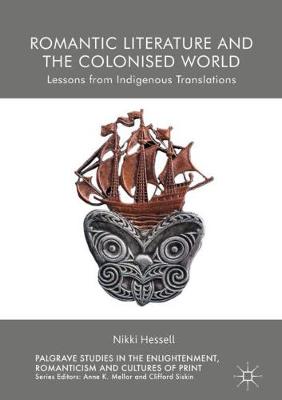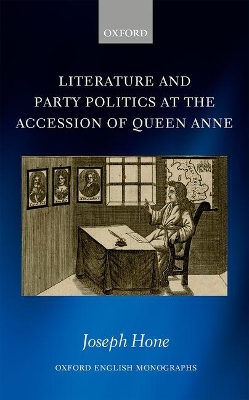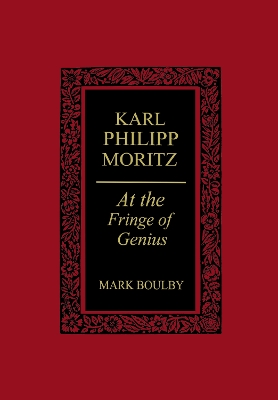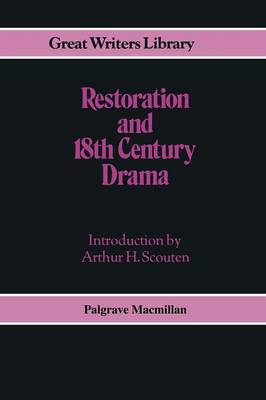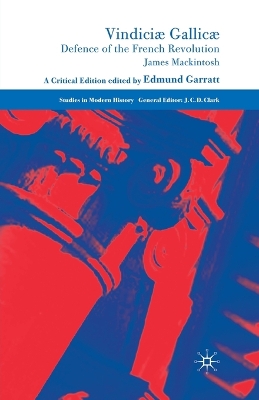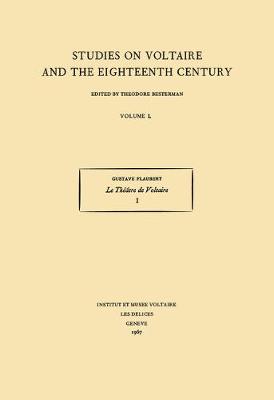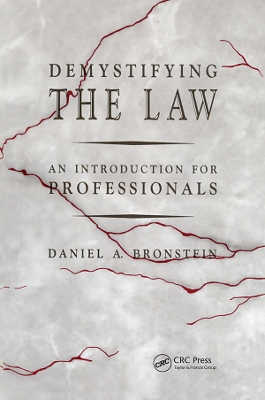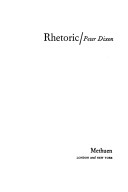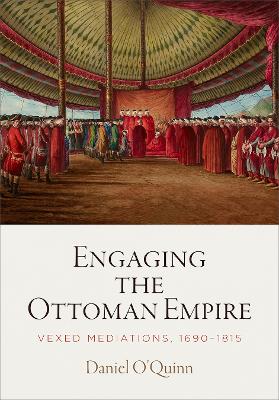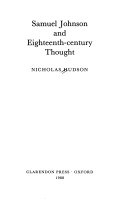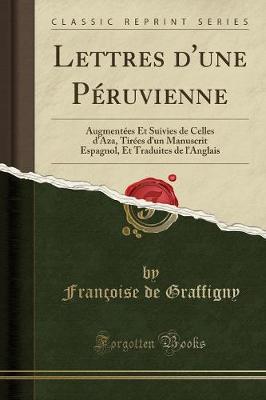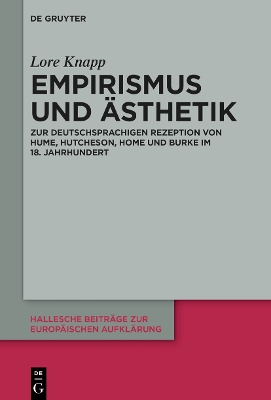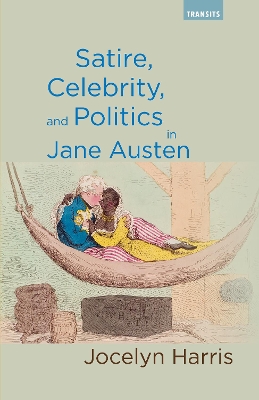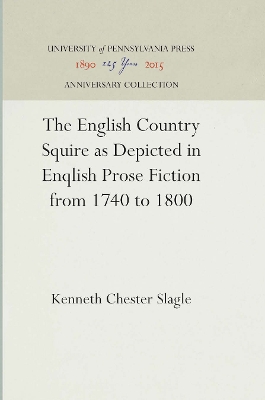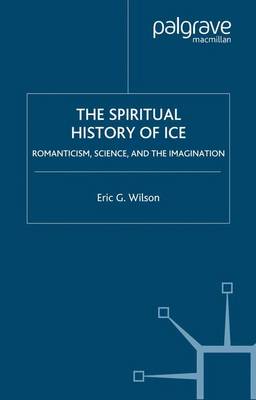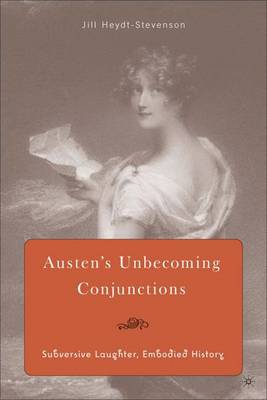Coleridge’s Experimental Poetics (Nineteenth-Century Major Lives and Letters)
by J. Mays
Coleridge has been perceived as the youthful author of a few brilliant poems. This study argues that his poetry is actually a continuous process of experimentation and provides a new perspective on both familiar and unfamiliar poems, as well as the relation between Coleridge's poetry and philosophical thinking.
This book considers indigenous-language translations of Romantic texts in the British colonies. It argues that these translations uncover a latent discourse around colonisation in the original English texts. Focusing on poems by William Wordsworth, John Keats, Felicia Hemans, and Robert Burns, and on Walter Scott's Ivanhoe, it provides the first scholarly insight into the reception of major Romantic authors in indigenous languages, and makes a major contribution to the study of global Romanticis...
Literature and Party Politics at the Accession of Queen Anne (Oxford English Monographs)
by Joseph Hone
Literature and Party Politics at the Accession of Queen Anne is the first detailed study of the final Stuart succession crisis. It demonstrates for the first time the centrality of debates about royal succession to the literature and political culture of the early eighteenth century. Using previously neglected, misunderstood, and newly discovered material, Joseph Hone shows that arguments about Anne's right to the throne were crucial to the construction of nascent party political identities. Lit...
Vom "Theater Des Schreckens" Zum "Peinlichen Rechte Nach Der Vernunft" (Literatur Und Recht, #5)
This is the first complete biographical and critical study of Karl Philipp Moritz (1756–93), German novelist, teacher, journalist, and philologist. His psychological novel, Anton Reiser, replete with insights into the sociological and psychological life of the time, was one of the most important eighteenth-century German novels. Moritz was in close touch with most of the major intellectual currents in Weimar and Berlin—from aesthetics and linguistics on the one hand to pietistical and mystical m...
Restoration and 18th Century Drama (Great writers library)
by Arthur H. Scouten
This new edition offers an extensive editor's introduction, a fully annotated text of the first edition of Vindiciæ Gallicæ and an appendix which includes the significant substantive revisions that Mackintosh made to Vindiciæ Gallicæ in the late summer of 1791.
Le Theatre de Voltaire (Oxford University Studies in the Enlightenment, 50:51)
by Gustave Flaubert
Demystifying the Law: An Introduction for Professionals explains unfamiliar legal concepts in interesting contexts, thus helping you to understand and remember them. It illustrates legal principles using simple examples that anyone can understand. No single book can turn you into a lawyer, but this one can help you decide when you need a lawyer's assistance and help you ask intelligent questions of your lawyer. It can even help keep you out of situations requiring a lawyer. Part I tells you wher...
Athenaum Jahrbuch Der Friedrich Schlegel-Gesellschaft (Athenaum - Jahrbuch Der Friedrich Schlegel Gesellschaft)
These eleven original essays by well-known eighteenth-century scholars, five of them editors of James Boswell's journal or letters, commemorate the bicentenary of Boswell's death on May 19, 1795. The volume illuminates both the life and the work of one of the most important literary figures of the age and contributes significantly to the scholarship on this rich period. In the introduction, Irma S. Lustig sets the tone for the volume. She reveals that the essays examining Boswell as "Citizen of...
Rhetoric (The Critical Idiom Reissued, #18) (Critical Idiom S.)
by Peter Dixon
First published in 1971, this book provides a historical account of the fortunes of Rhetoric. Beginning with a study of classical rhetorical theory and practice, it goes on to explore the impact of rhetoric on English literature and the renunciation of rhetoric from the late 17th century. The book concludes with a survey of the ways in which rhetoric was revived and re-modelled in the 20th century and its bearings on the practice and theory of literary criticism. This book will be of interest to...
Beginning in the late eighteenth century, as constant growth became the economic norm throughout Europe, fictional stories involving money were overwhelmingly about loss. Novel after novel tells the tale of bankruptcy and financial failure, of people losing everything and ending up in debtor's prison, of inheritances lost and daughters left orphaned and poor. In Downward Mobility, Katherine Binhammer argues that these stories of ruin are not simple tales about the losers of capitalism but narrat...
Daniel O'Quinn investigates the complex interpersonal, political, and aesthetic relationships between Europeans and Ottomans in the long eighteenth century. Bookmarking his analysis with the conflict leading to the 1699 Treaty of Karlowitz on one end and the 1815 bid for Greek independence on the other, he follows the fortunes of notable British, Dutch, and French diplomats to the Sublime Porte of the Ottoman Empire as they lived and worked according to the capitulations surrendered to the Sulta...
Samuel Johnson and Eighteenth-century Thought (Oxford English Monographs)
by Nicholas Hudson
An analysis of Johnson's relationship with the ethics and theology of the eighteenth century, examining the background to his views on a wide range of issues debated by the philosophers and divines of his age. The author emphasizes the ambivalence and contradiction inherent in the orthodoxy which Johnson espoused and challenges the assumption that Johnson's religious beliefs were unstable and filled with anxiety. He gained strength from the belief that he upheld an eminent tradition in Christian...
Empirismus Und AEsthetik (Hallesche Beitrage Zur Europaischen Aufklarung, #69)
by Lore Knapp
Satire, Celebrity, and Politics in Jane Austen (Transits: Literature, Thought & Culture, 1650-1850)
by Jocelyn Harris
In Satire, Celebrity, and Politics in Jane Austen, Jocelyn Harris argues that Jane Austen was a satirist, a celebrity-watcher, and a keen political observer. In Mansfield Park, she appears to base Fanny Price on Fanny Burney, criticize the royal heir as unfit to rule, and expose Susan Burney's cruel husband through Mr. Price. In Northanger Abbey, she satirizes the young Prince of Wales as the vulgar John Thorpe; in Persuasion, she attacks both the regent's failure to retrench, and his dangerous...
The English Country Squire as Depicted in English Prose Fiction from 1740 to 1800
by Kenneth Chester Slagle
At the end of the eighteenth century, scientists for the first time demonstrated what medieval and renaissance alchemists had long suspected; ice is not lifeless but vital, a crystalline revelation of vigorous powers. Studied in esoteric and exoterical representations of frozen phenomena, several Romantic figures - including Coleridge and Poe, Percy and Mary Shelley, Emerson and Thoreau - challenged traditional notions of ice as waste and instead celebrated crystals, glaciers, and the poles as s...
Austen'sUnbecomingConjunctions is a contemporary study of all Jane Austen's writings focusing on her representation of women, sexuality, the material objects, and linguistic patterns by which this sexuality was expressed. Heydt-Stevenson demonstrates the subtle, vulgar, and humorous ways Austen uses human bodies, objects, and activities (fashion, jewelry, crafts, popular literature, travel and tourism, money, and courtship rituals) to convey sexuality and sexual appetites. Through the sexual sub...
La Fabrique Oulipienne Du Recit (Etudes de Litterature Des Xxe Et Xxie Siecles, #76)
by Virginie Tahar


